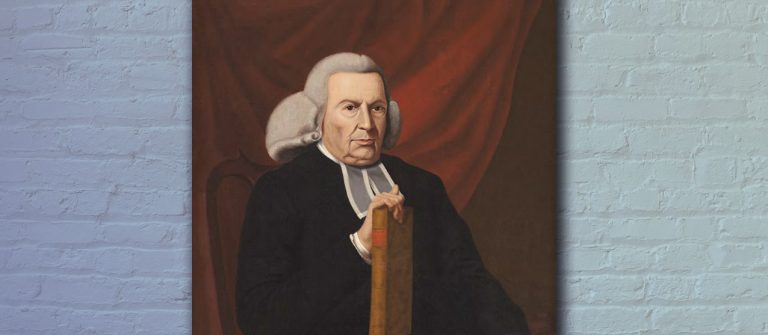Physical Address
304 North Cardinal St.
Dorchester Center, MA 02124
Physical Address
304 North Cardinal St.
Dorchester Center, MA 02124

Editor’s Note: This article has been adapted from the preface of Biblical Patterns and Government. Cornell University Professor Barry Alan Shain has determined that rather than a generic republicanism or seventeenth century libertarianism nourishing the root of American democracy, a much…

Charles Chauncy (1705-1787) was one of the most influential pastors in Boston during his life. He received his theological training at Harvard and served as pastor of First Church for nearly 60 years. He wrote numerous pamphlets between 1762-1771 against…

Calvin’s and Beza’s thought was so fertile as to spawn many followers. Summaries of Ponet, Daneau, Hotman, and many others are worth consulting at any Inauguration. Another disciple who particularly refined this theory was the Marian exile, Christopher Goodman, whose…

The popular Federalist Papers in many ways reflect the continuation of Calvin’s view of man and the state.[1] Alexander Hamilton began The Federalist Papers by asserting that the people of this country have reserved to themselves the important question of whether “societies of…

Calvin’s discussion of Romans 13 began by explaining that all civil power originates with the sovereign God—not with man, as later secular schemes suggested. He then discussed the role of civil government and the duty of the Christian to submit…

Although some theologians claim to see discrepancies between Calvin’s early thought in The Institutes and his later commentaries and sermons on the matter of resistance, a review of his commentary on Daniel 6:21-23 reveals no radical discontinuity. Admittedly, certain events,…

Moses’ layered scheme, advised by his father in law in Exodus 18 seemed to Calvin and his disciples to be republicanism. Commenting on a similar passage in Deuteronomy 1:14-16, Calvin stated: “Hence it more plainly appears that those who were to preside…

Rather than commending either a democracy or a monarchy, Jethro advised Moses and the people to select a plurality of prudent representative leaders (Exodus 18:21).[1] Moses instituted a graduated series of administrations with greater and lesser magistrates, and Calvin asserted that…

In a phrase that would become incendiary, Calvin noted that not only kings but also “people must sometimes take up arms to execute public vengeance” (4:20, 11). The same basis for waging war was also used both to justify revolution…

Professor Harro Hopfl identifies the following three signatures of political Calvinism that would be timely if part of network coverage of the Inauguration of the new President: Calvin detested as much as anything rulers who acted as if their will made right…